Close
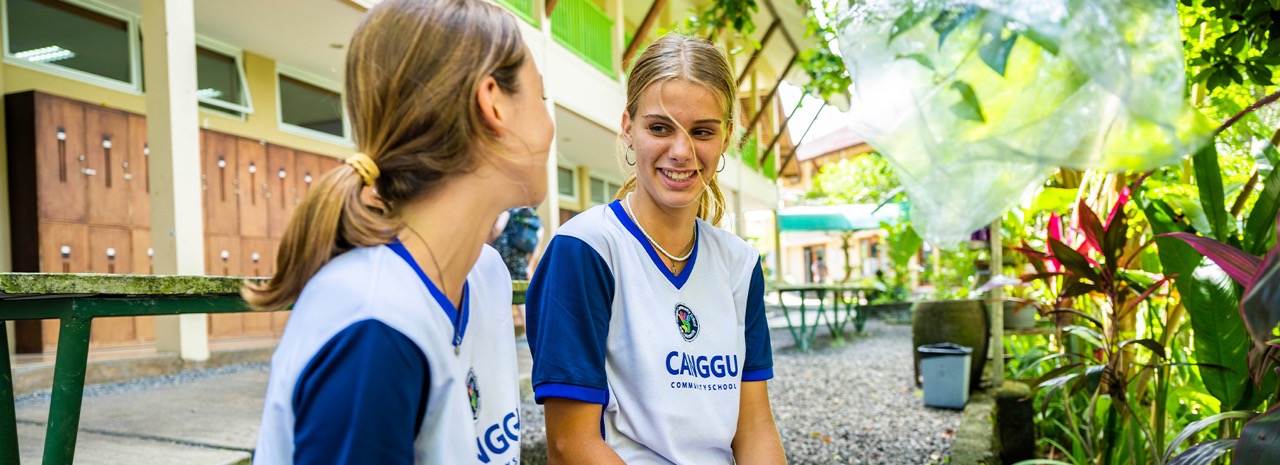
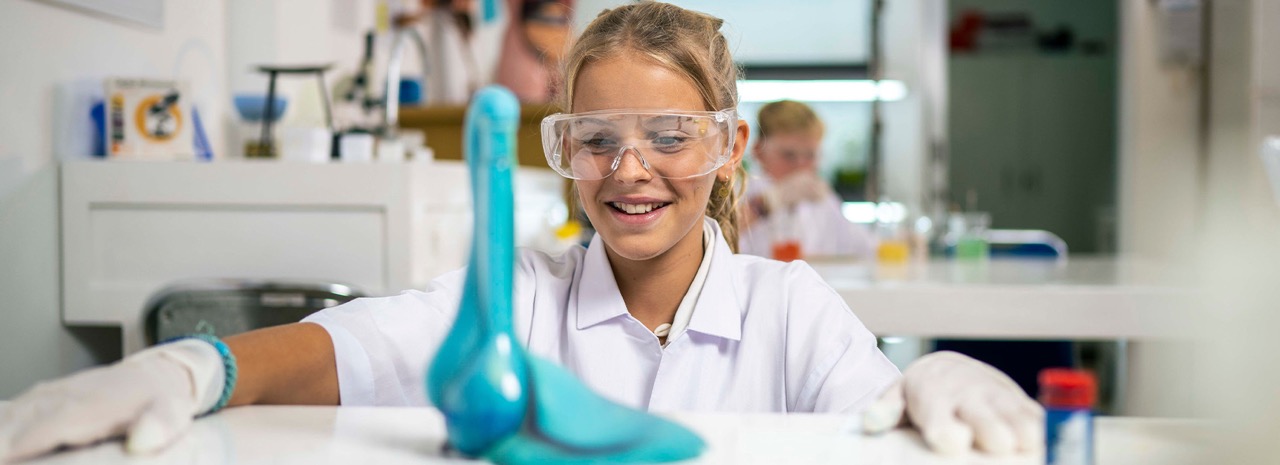
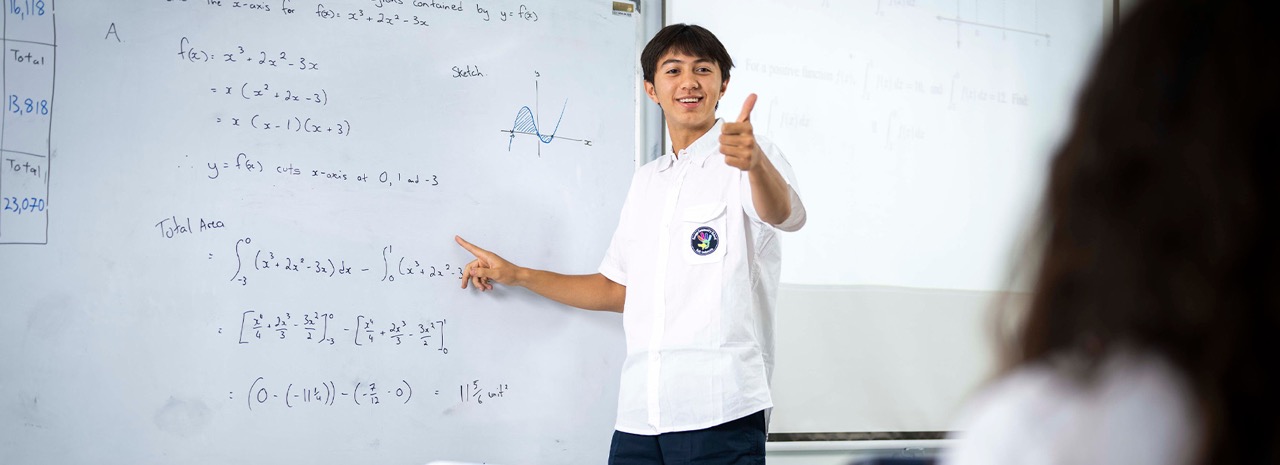
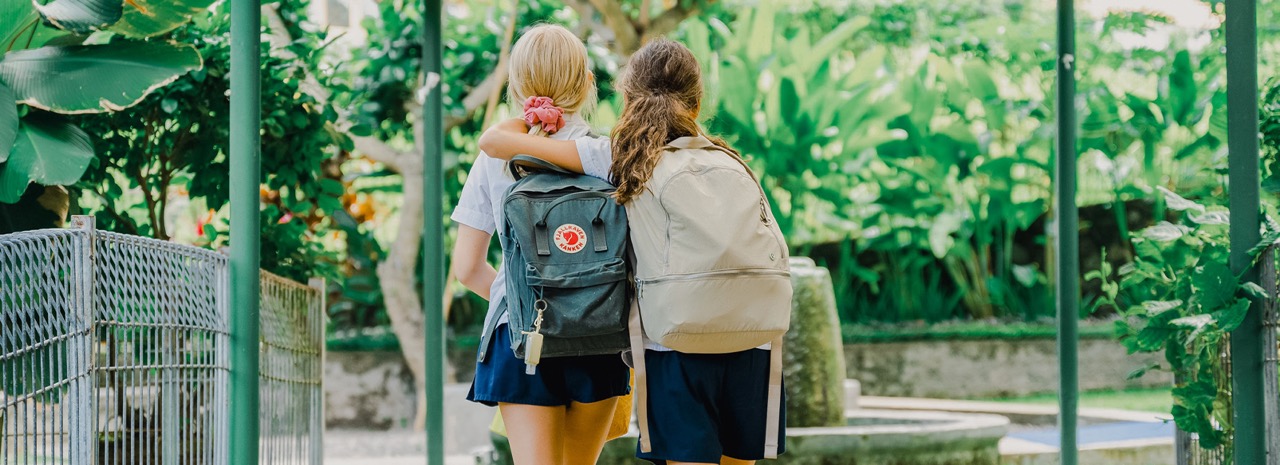
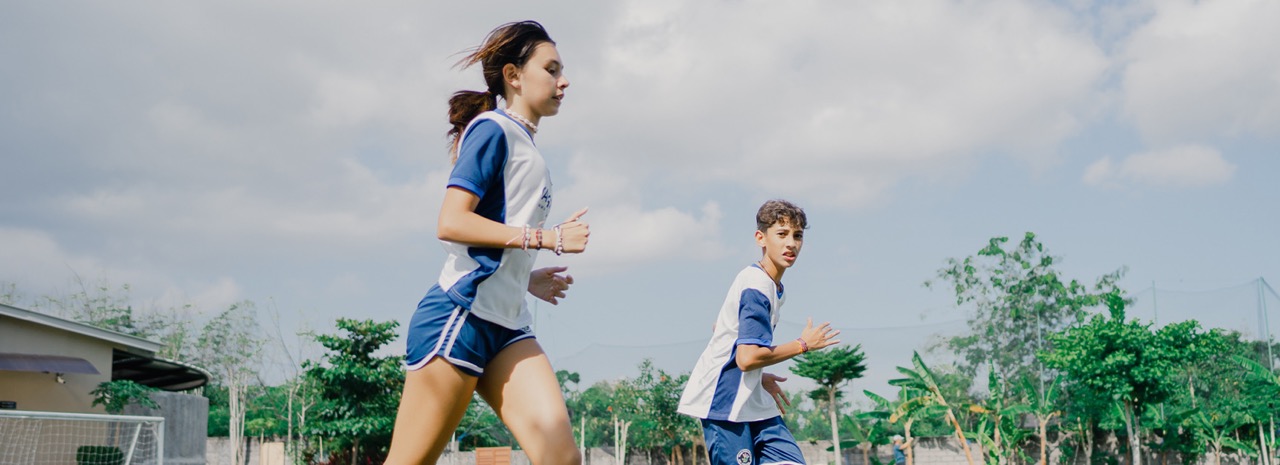
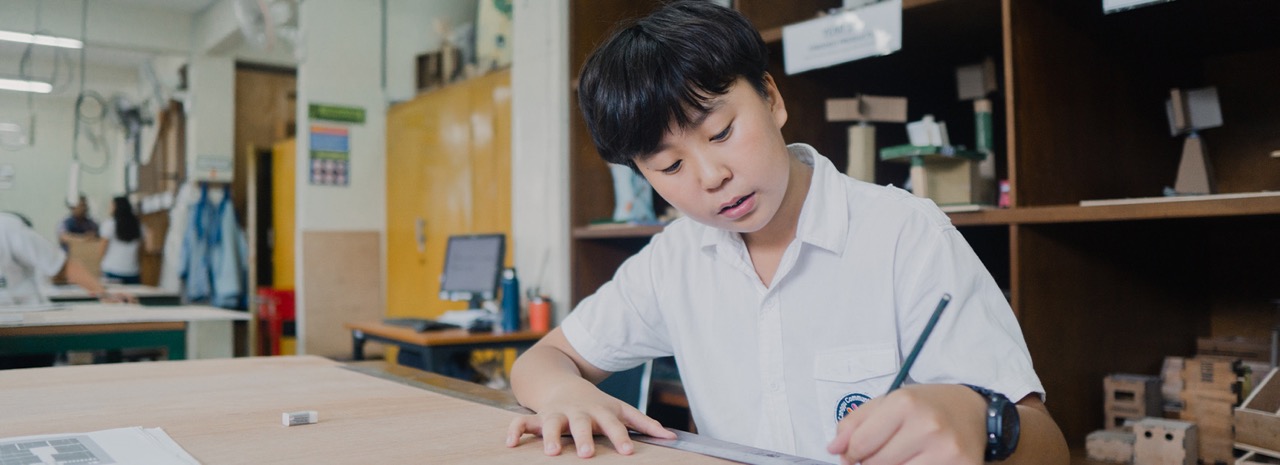

CCS Middle School is made up of classes from Year 7 to Year 9, with students ranging from 11 to 13 years old. We have two classes per year level. The target class size for this year level is 25 students. Children learn through a stimulating, inquiry-based curriculum across content areas.
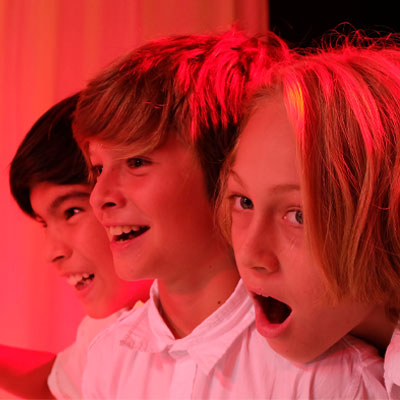
The Middle Years are a unique developmental stage for your child. At CCS, we teach the whole child and aim to meet their social, emotional and academic needs. We prepare students to be responsible and engaged global citizens.
Middle School marks the beginning of specialised classes in each content area. Children in Middle School start school at 8:15 am and end at 3:20 pm. The day begins in their Pastoral Care (PC) class, which functions like an advisory classroom. Students have six (6) 55-minute classes each day. They have a snack break at 10:30 am and lunch at 12:40 pm.
Students in Middle School are in an important transition stage between Primary School and Upper Secondary School. They take responsibility for their learning by following a structured timetable, using organisers to keep track of homework, and managing their time between multiple teachers and classes.
Students receive support from their teachers in this transition, especially when they enter Year 7.
Middle School children also have opportunities for greater responsibility in the school. Each PC classroom has a representative in the Student Council, and all students participate in Gotong Royong initiatives. Gotong Royong, which is our weekly lesson focused on service-learning and community connection, is led by passionate and enthusiastic students, facilitated by teachers. Students can also join a variety of extracurriculars, including Model United Nations (MUN), South East Asia Mathematics Competition (SEAMC), the school Magazine Committee, the Events Committee and the Secondary Production.
Our curriculum is an internationally accredited standards based curriculum in conjunction with the Indonesian National Curriculum. We use an inquiry-based learning model as our framework for teaching and learning. The learning in Middle School builds on the skill and concept development of primary education to prepare students for High School pathways to tertiary education and the workforce. Students receive challenging and age appropriate lessons from teachers who plan for a variety of skill levels in the classroom.
Setting personal goals and checking progress against those goals is an important part of student development in the Secondary School.
The core subjects of English, Mathematics, Science, and Individuals and Society are taught at each level, and they are integrated across the curriculum as much as possible to help students make links from one subject to another.
| Specialist Subjects: | |
|---|---|
| Languages Other Than English (Indonesian, Spanish and French) | Art |
| Design and Technology (D&T) | Music |
| Drama | Physical Education (PE) |
| Personal, Social and Health Education (PSHE) | Agama Classes for Indonesian students (Religion) |
Middle School curriculum at CCS supports and encourages inquiry based learning. Students receive instruction in each class from a teacher who is an expert in his or her content area. Learning continues to follow the inquiry model established in the Primary School, which puts students at the centre of their learning. Each subject area creates its own Units of Inquiry which are built around an essential question. With teacher support, students research questions, apply knowledge, make conclusions and reflect on their learning. The cyclical nature of inquiry, as well as the fact that it is taught within and across disciplines, supports all areas of our School Wide Learner Expectations, with particular regards to preparing students to be Lifelong Learners.
CCS provides students opportunities to extend and display their inquiry skills through culminating experiences, including the Science Fair, Secondary Drama Production, Student-Led Conferences and excursions.
If you would like to make enquiries about enrolling your child in Middle School, please contact our Admissions team: [email protected].
In Middle School, students begin to hone their interests and passions. We offer a wide variety of events for our diverse student body. These activities are designed to engage students in our vibrant school community while providing opportunities to learn, to grow, to lead and to have fun.
Students are invited to join a variety of clubs, including Model United Nations (MUN), South East Asian Mathematics Competition (SEAMC), Student Council, and the Events Committee.
Students can join the Yearbook Committee to create long-lasting documents shared within our school community.
In the second semester, a large number of students are involved in our Secondary production. Actors, backstage crew, lighting and sound technicians, set and costume designers, and more, work for months to stage a fantastic show for the entire school community. This is one of the highlights of the year!
The Swimming Carnival, the School Cross-Country Race and Sports Day are events for our students to engage in fitness for enjoyment and demonstrate positive sportsmanship during competition with peers.
In Term 3, we celebrate the unique Balinese festival of Nyepi. Year 7 students create an Ogoh-Ogoh for the school parade, working from the design stage all the way through production and presentation. During the year, we also celebrate other cultural festivals, such as Chinese New Year and Idul Fitri.

